SCIENTIFIC
PUBLICATIONS
Stay up-to-date with the latest scientific advancements from PRISM. Discover our complete library of peer-reviewed publications, showcasing cutting-edge research

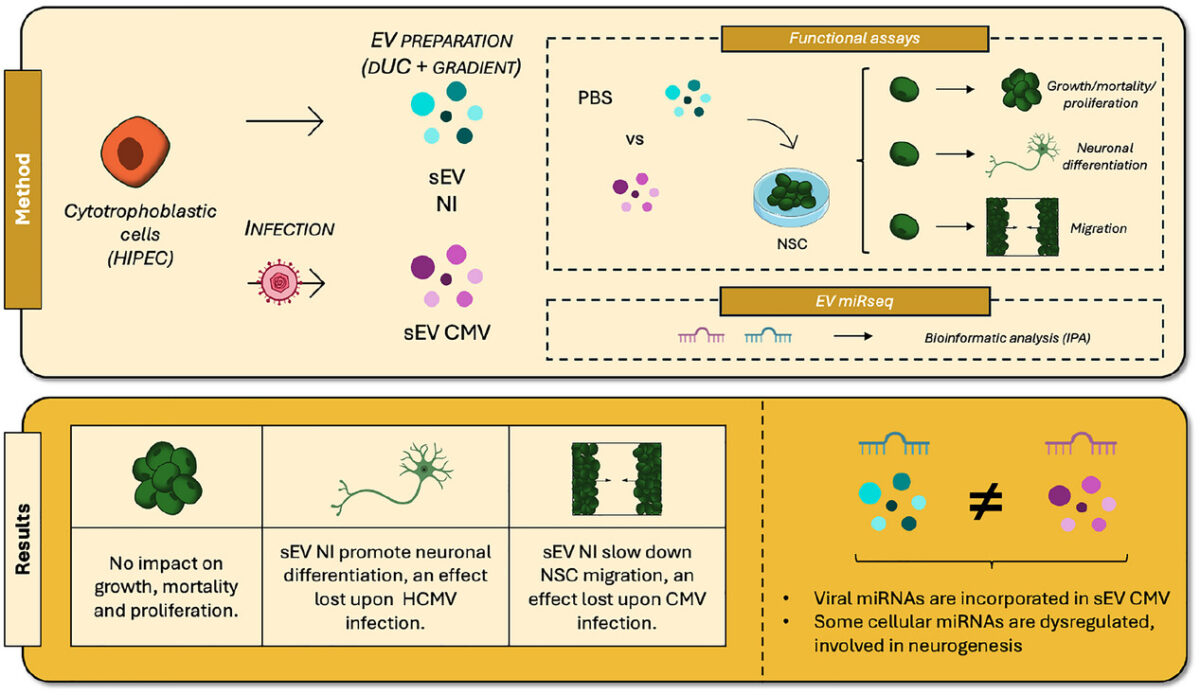
- Recherche
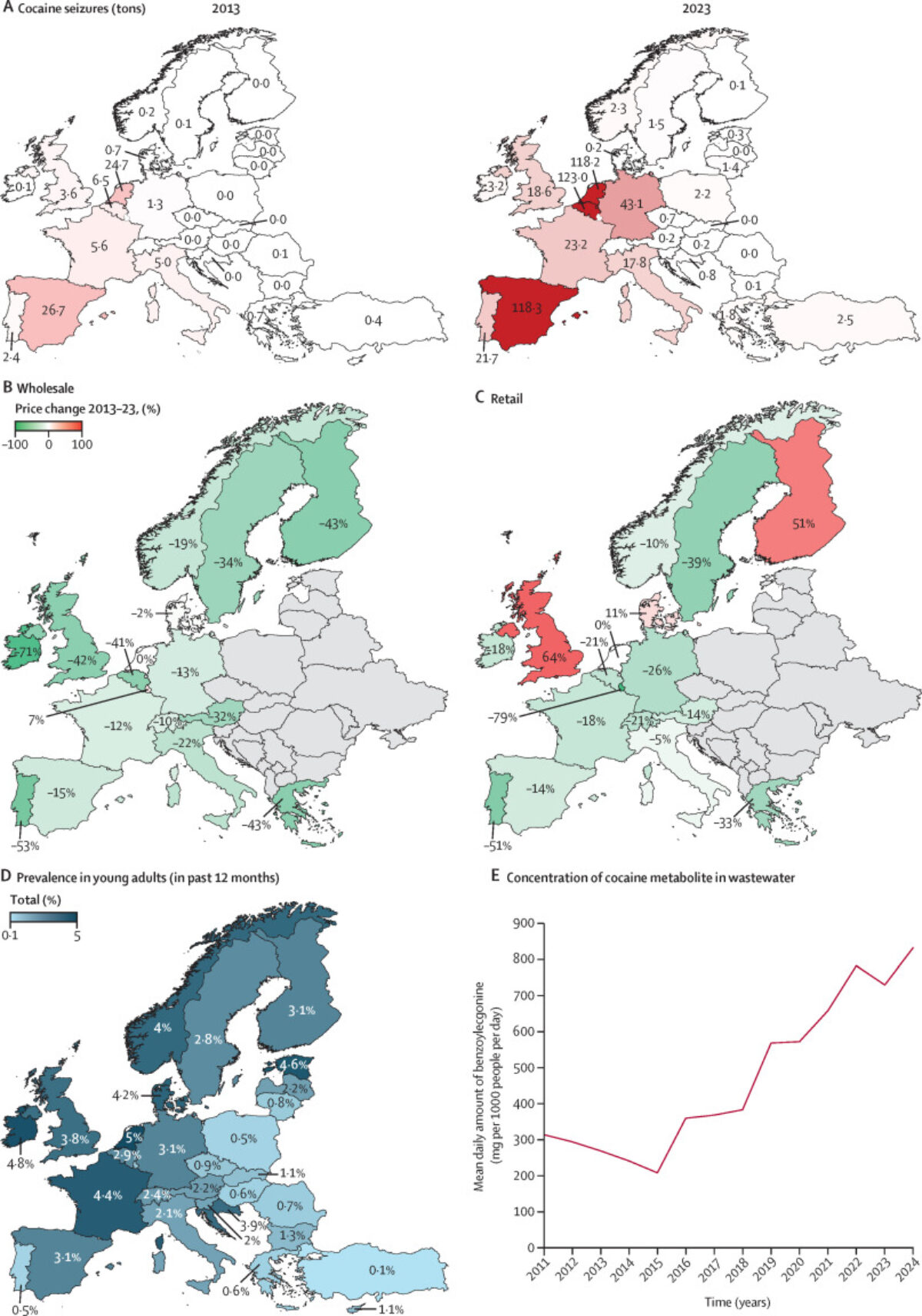
- Recherche
Cocaine use in Europe: the need for cross-sectoral collaboration between security, justice, health, and social systems
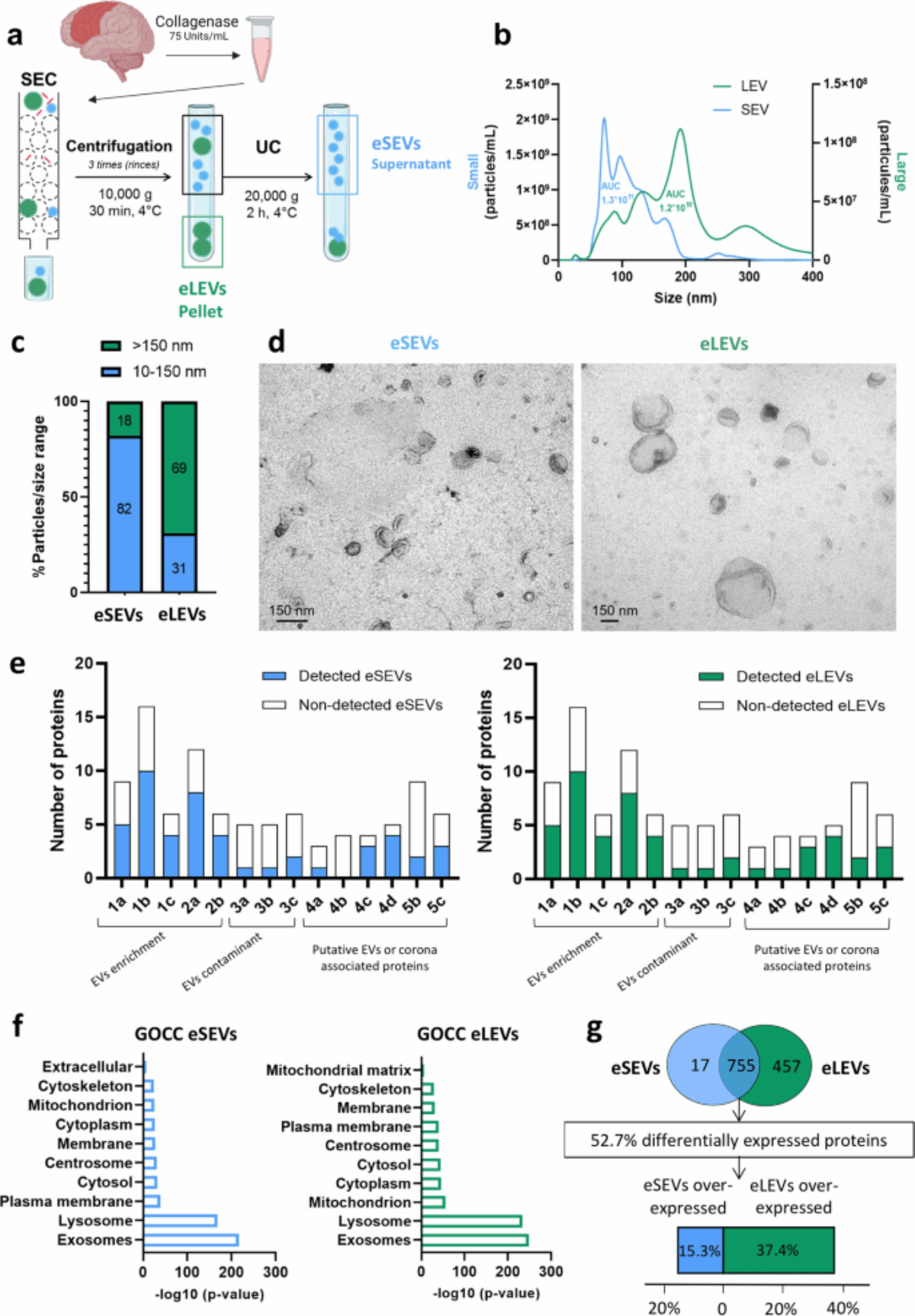
- plateforme
- Recherche
Stratification of brain-derived extracellular vesicles of Alzheimer’s disease patients indicates a unique proteomic content and a higher seeding capacity of small extracellular vesicles
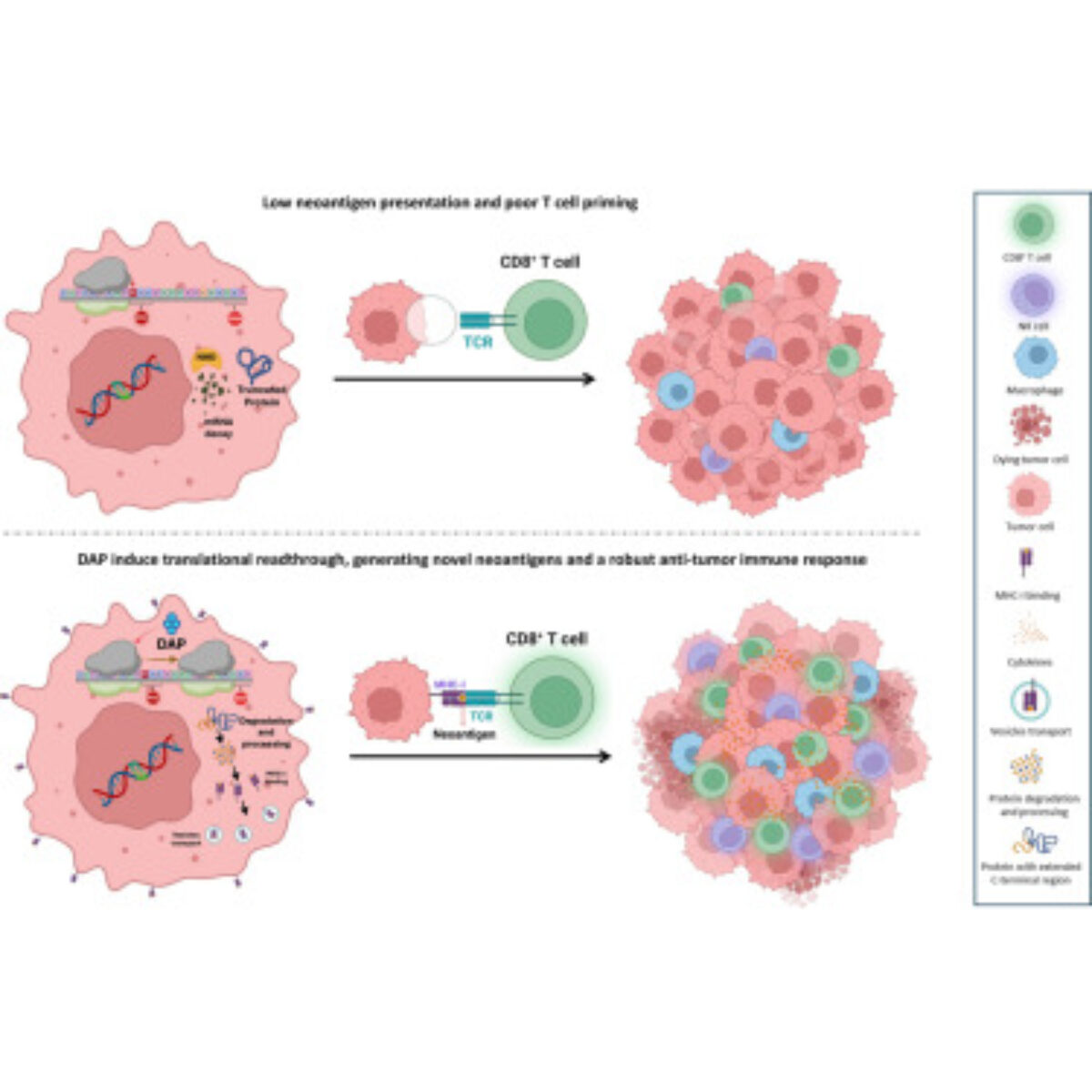
- Recherche
Exploring the role of readthrough-inducing molecule 2, 6-diaminopurine to increase immune response against cancer cells
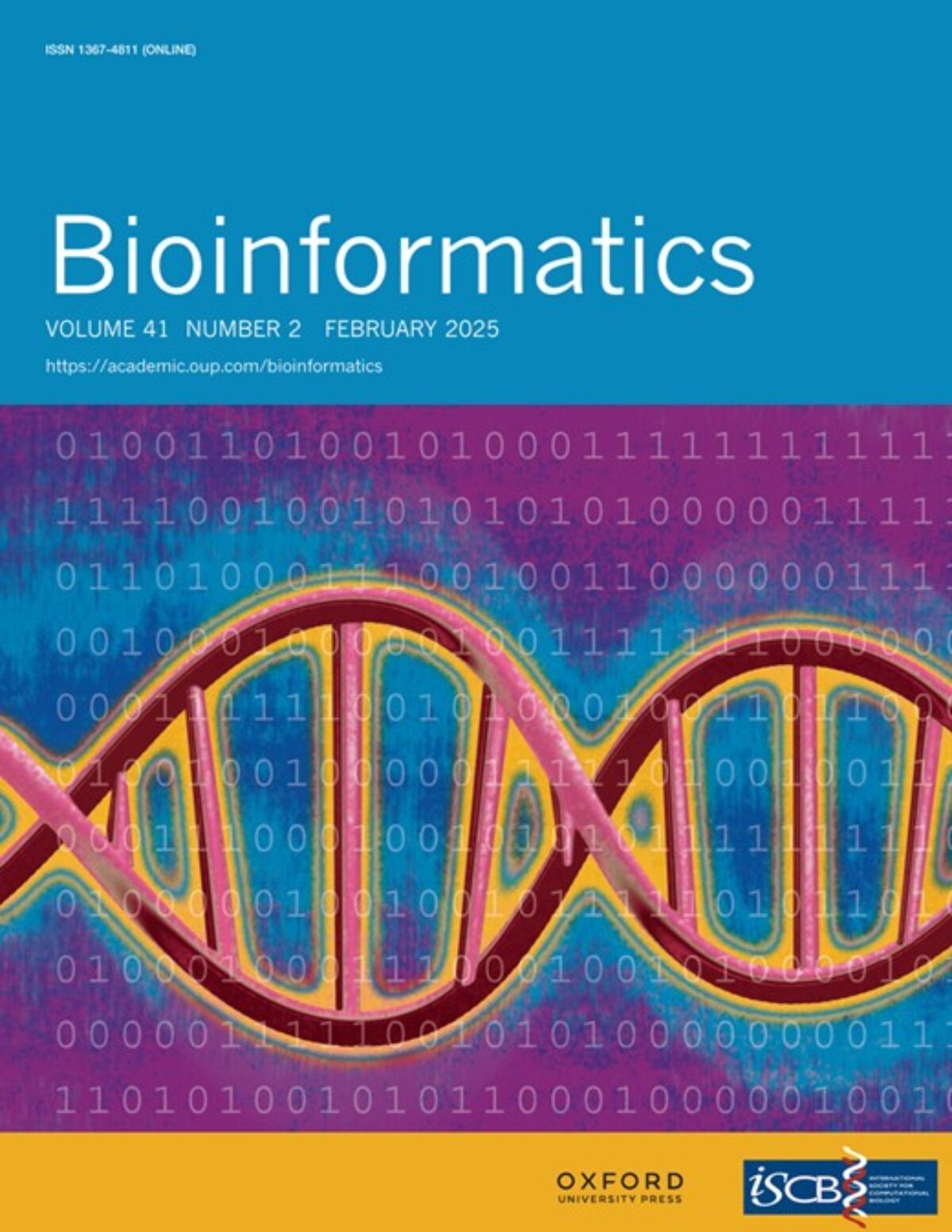
- Recherche
Profiler: an open web platform for multi-omics analysis
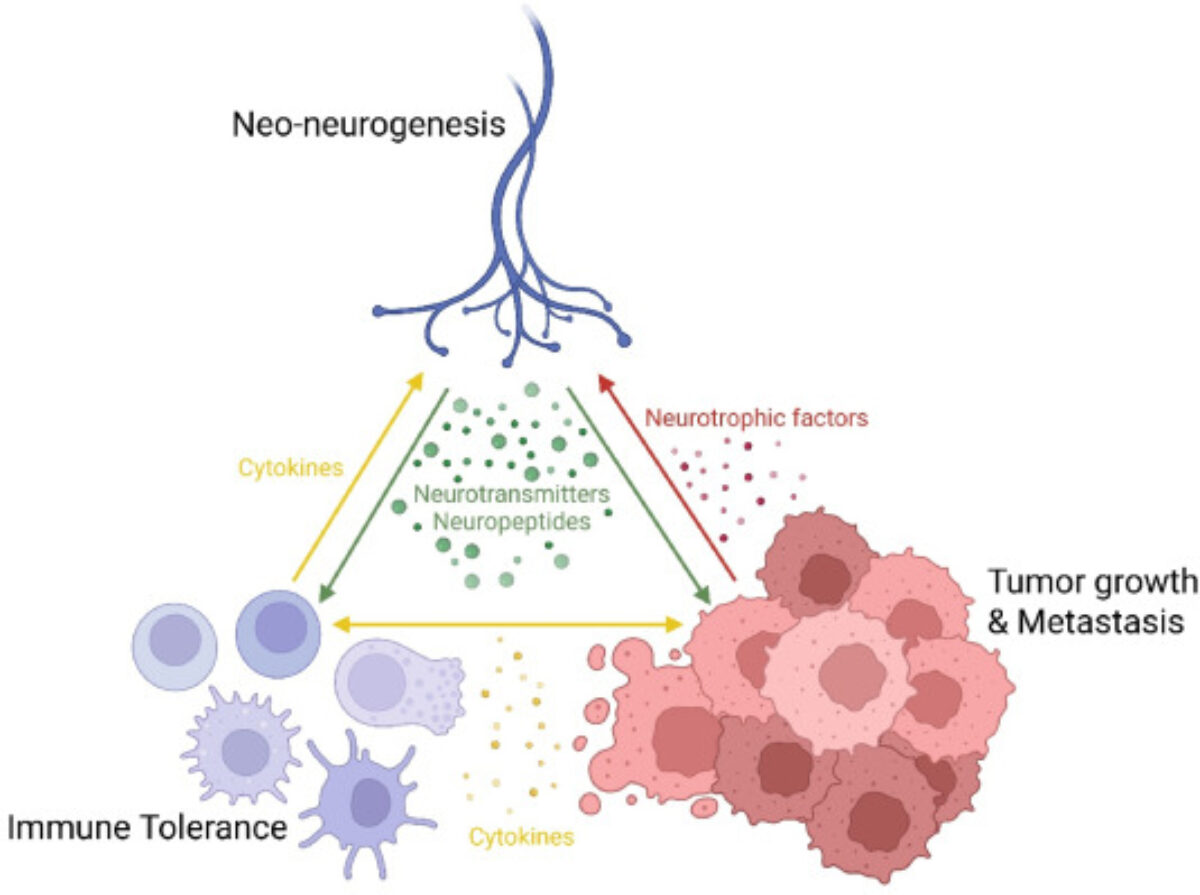
- Recherche
The neuro-immune oncology axis
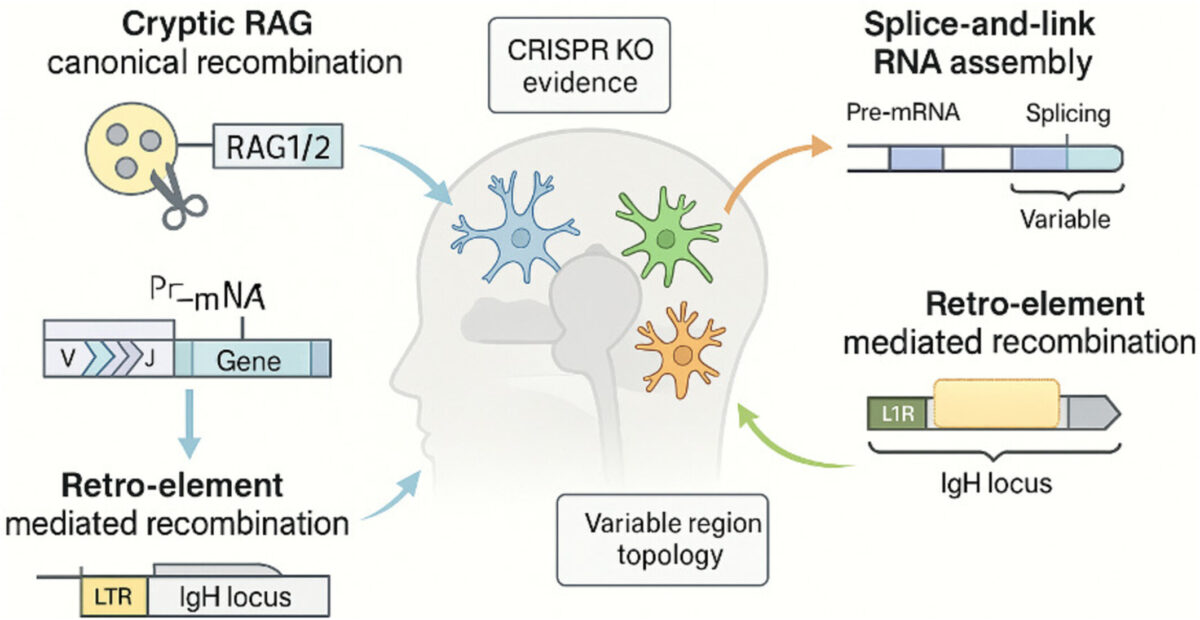
- Recherche
Neural Immunoglobulins Shape Brain Circuits
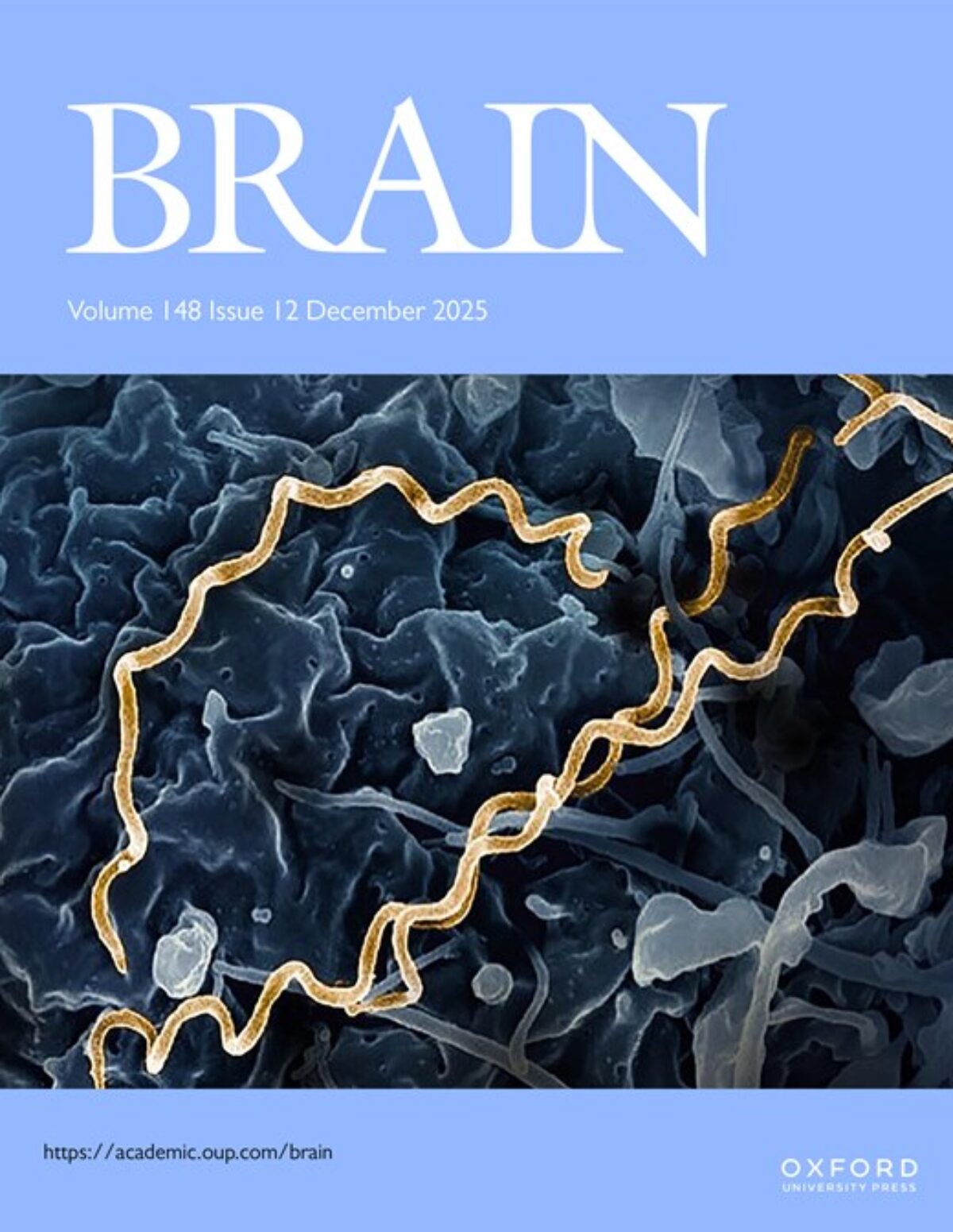
- plateforme
- Recherche
Sex-dependent effects of maternal high-fat diet during lactation in the offspring of adult THY-Tau22 mice
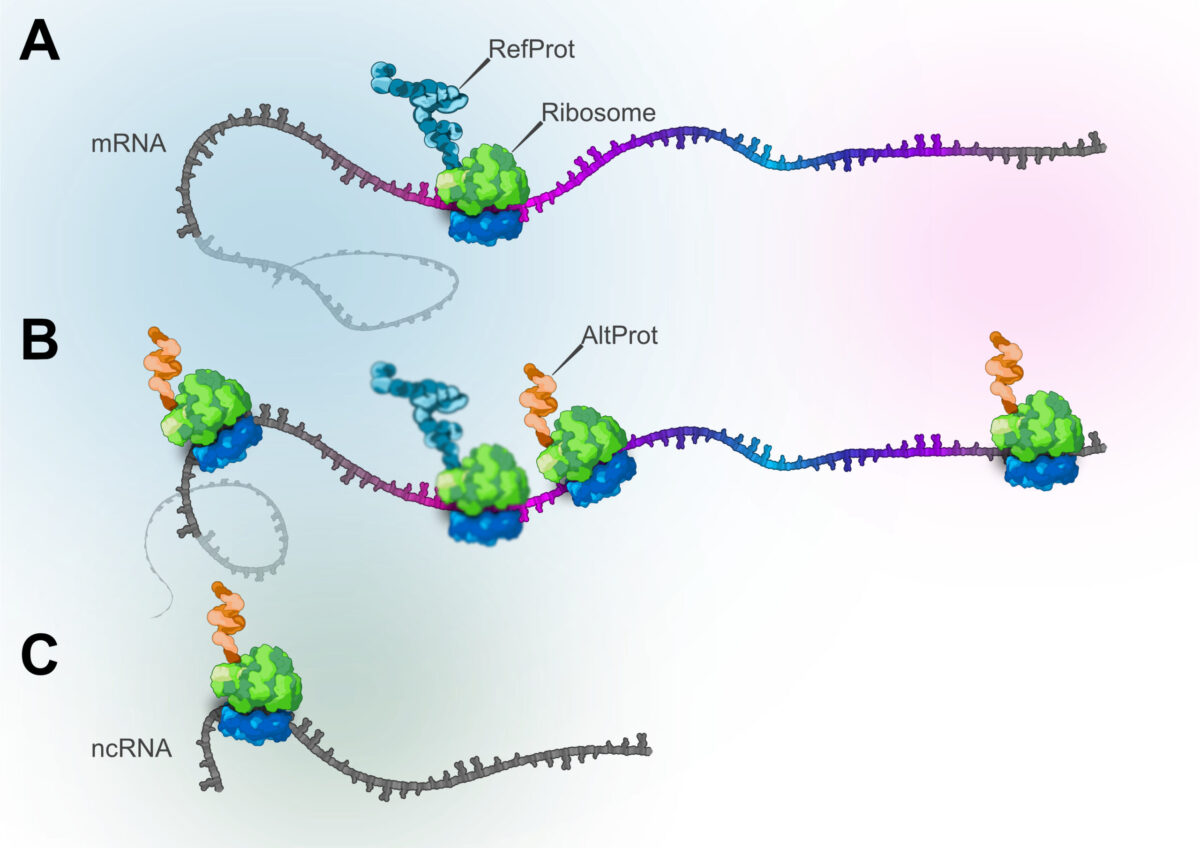
- Recherche
Chasing the Ghost Proteome in the Dark matter
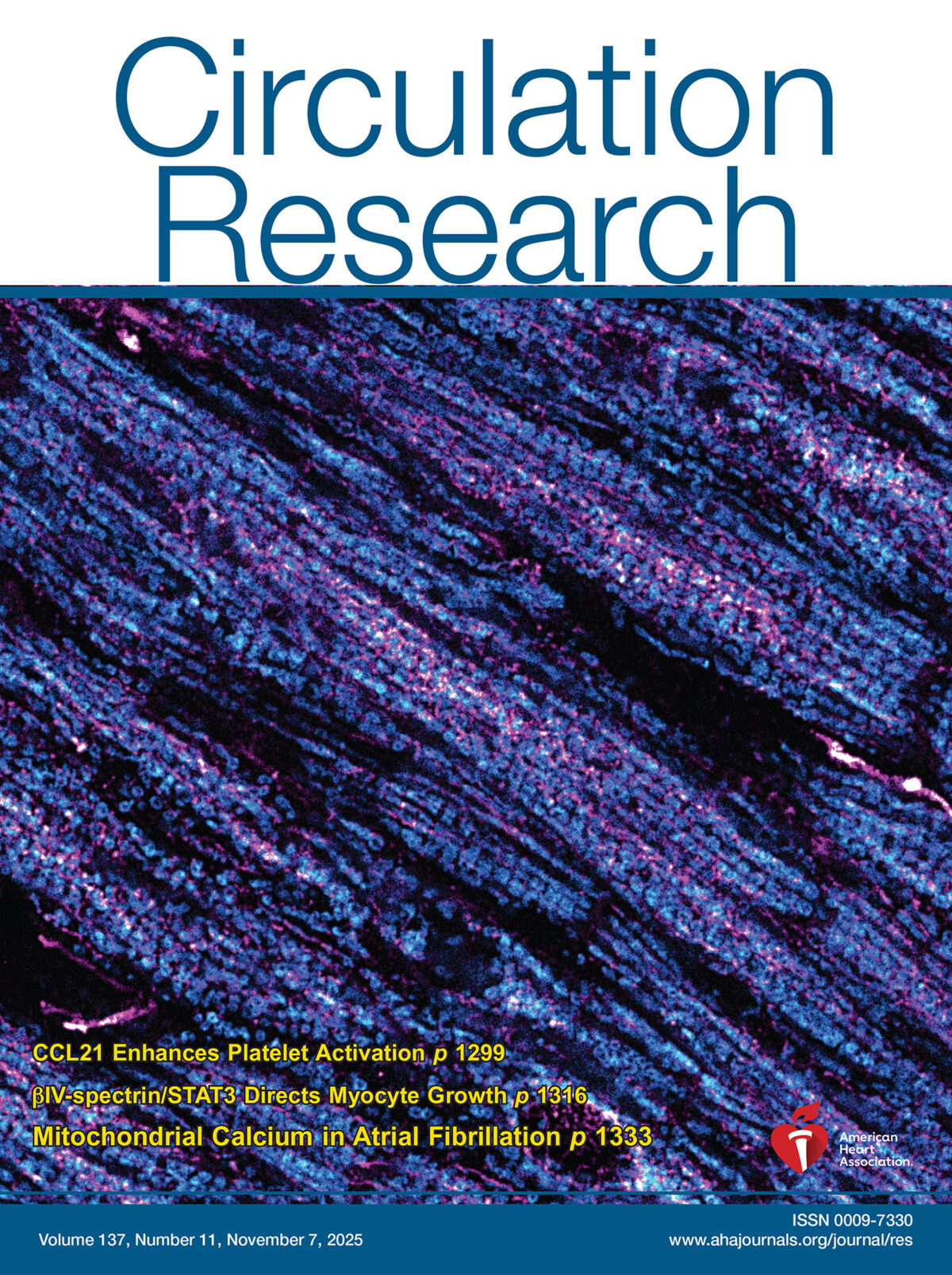
- Recherche
SCarP: Proteome Heterogeneity Characterization of Primary Mouse Cardiomyocytes
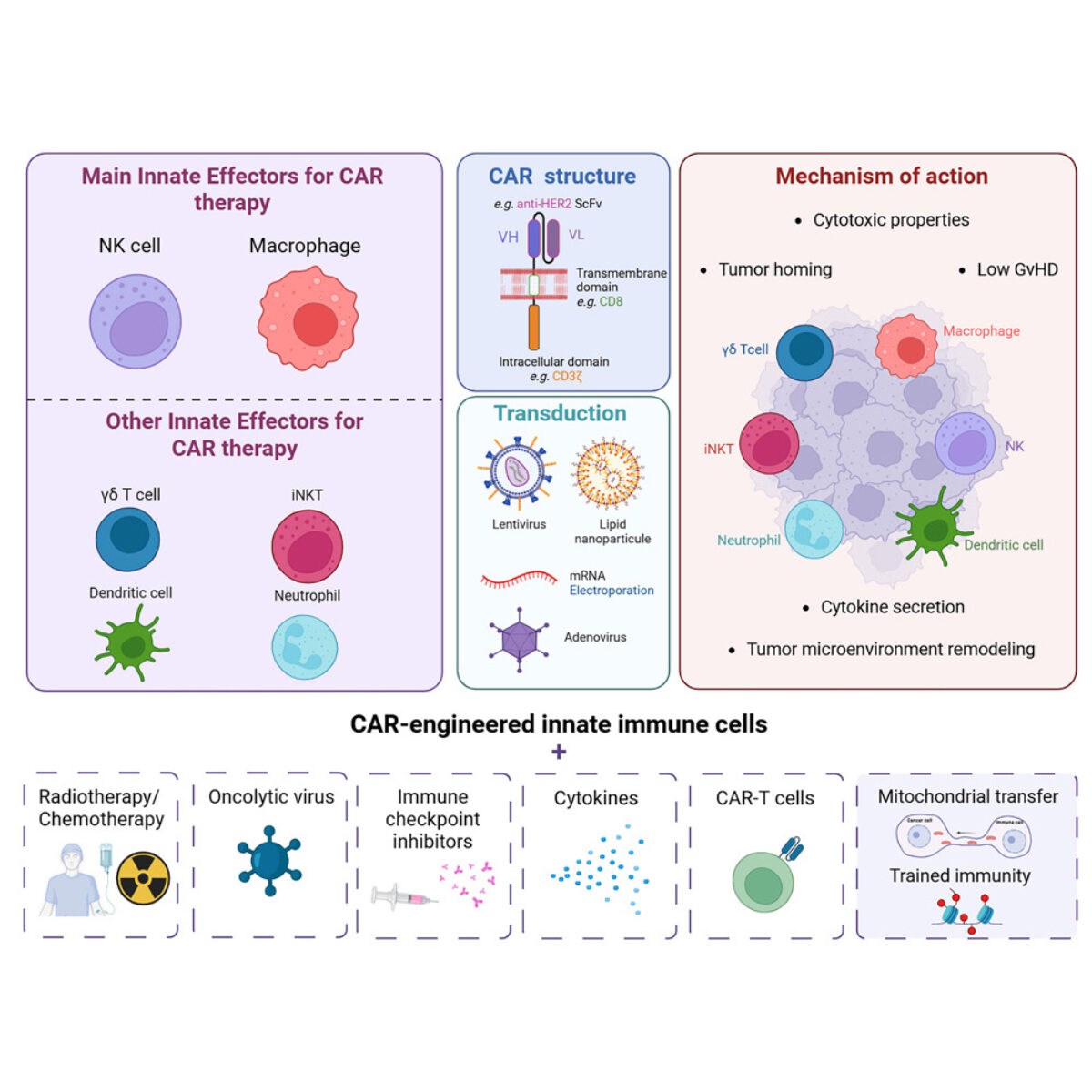
- Recherche
Innate immune cells in chimeric antigen receptor therapy
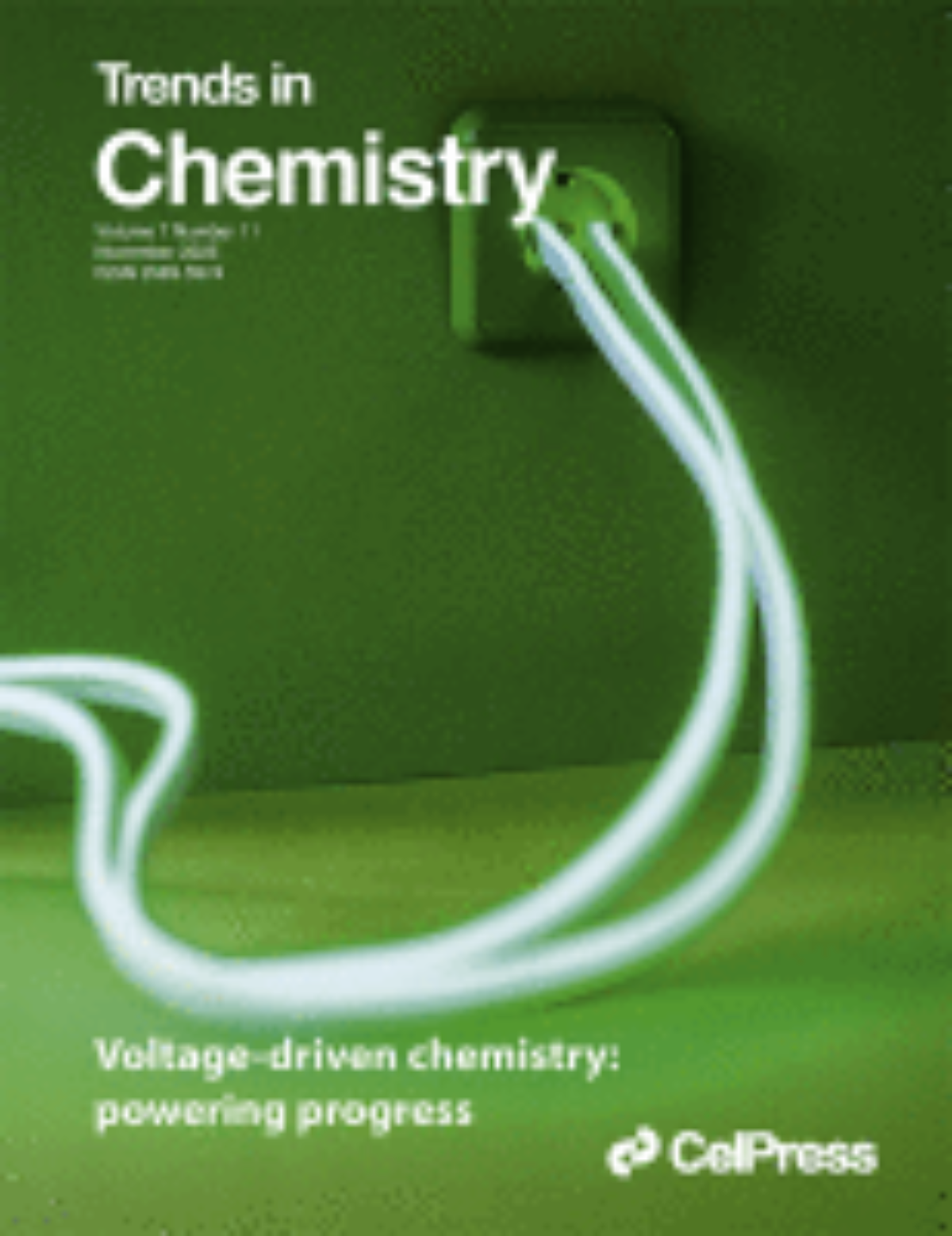
- Recherche